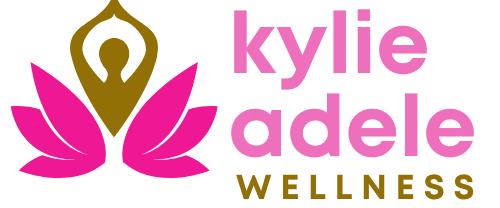
PCOS
Polycystic Ovarian Syndrome
The Truth About PCOS
Polycystic Ovarian Syndrome (PCOS) is one of the most common hormonal conditions affecting women today. It is not a disease with a cure, it is a metabolic and reproductive condition rooted in how your body ovulates, responds to insulin, and manages hormones.
PCOS is defined by ovulation dysfunction. When ovulation is irregular or absent, progesterone is low and estrogen and testosterone become unbalanced. Add insulin resistance into the picture, and the result is a cycle of irregular periods, stubborn weight, acne, and sometimes excess hair growth. PCOS is not your fault, and it is not something you can simply “grow out of.” It is a condition that can be managed, supported, and improved with the right strategies.
When Balance Shifts:
In PCOS, ovulation does not happen consistently. Without regular ovulation, progesterone remains low, which leaves estrogen and testosterone unbalanced. At the same time, the body often struggles with insulin resistance, meaning the cells do not respond well to insulin, causing blood sugar to swing and insulin levels to rise. Elevated insulin drives the ovaries to produce more androgens (like testosterone), which worsens symptoms such as acne, hair growth, or hair loss.
This cycle feeds itself: poor ovulation leads to more hormone imbalance, which makes ovulation even harder to achieve.
Common Signals of PCOS
Irregular or absent periods
Stubborn weight gain, especially around the abdomen
Acne or oily skin
Excess hair growth on the face or body
Thinning hair on the scalp
Mood changes or fatigue
Difficulty conceiving
These symptoms are signs of how your ovaries and metabolism are working together, and where they need extra support.
Hormones and Drivers at the Core
PCOS is powered by three main drivers:
Ovulation dysfunction leads to low progesterone and unbalanced estrogen and testosterone
Insulin resistance raises insulin and drives excess androgen production
Nervous system stress and cortisol make blood sugar control, weight balance, and ovulation even harder
There is no “cure” for PCOS, but there are clear ways to manage and reduce symptoms by addressing the root drivers. Supporting regular ovulation, improving insulin sensitivity, balancing hormones, and calming the nervous system can transform how you feel and how your body functions.
If PCOS feels like it has taken control of your body, you are not imagining it. With the right support for ovulation, insulin, and stress, you can bring your hormones back into alignment and feel steady again.

